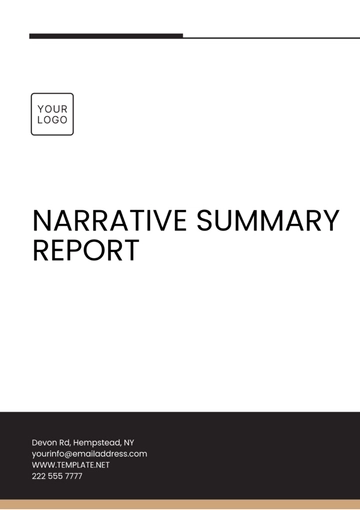Journal Article Reporting
Introduction
Recent advancements in renewable energy technologies have significantly transformed the energy sector, offering new solutions for sustainable energy production. This article provides a comprehensive analysis of these technological developments and evaluates their economic impacts on both local and global scales. By examining recent data and case studies, the article aims to assess the benefits of renewable energy advancements in terms of job creation, cost reduction, and environmental sustainability, while also addressing the challenges associated with their adoption and implementation.
Research Article Reporting
Abstract
This research article explores the latest advancements in renewable energy technologies, including solar, wind, and geothermal power. The study assesses the economic impacts of these technologies by analyzing data from various regions and industries. The findings reveal significant benefits in terms of job creation, energy cost reduction, and environmental sustainability, while also highlighting challenges related to technology adoption and infrastructure.
Methods
The study employed a multi-faceted approach:
Data Collection: Quantitative data on the economic impacts of renewable energy technologies were gathered from industry reports, government publications, and academic studies published between 2050 and 2053.
Case Studies: Detailed case studies of renewable energy projects (e.g., solar farms in California, wind turbines in Denmark, geothermal plants in Iceland) were conducted to provide real-world examples of technological implementation and economic outcomes.
Economic Analysis: Economic impact was assessed using metrics such as job creation, cost savings, and return on investment (ROI).
Results
Key findings include:
Job Creation: The introduction of advanced renewable energy technologies has led to the creation of over 500,000 jobs globally in the past three years, with significant growth in sectors such as installation, maintenance, and research.
Cost Reduction: The cost of solar energy has decreased by 40% and wind energy by 35% due to technological advancements and increased efficiency, resulting in lower energy bills for consumers and businesses.
Environmental Impact: Renewable energy technologies have contributed to a 20% reduction in greenhouse gas emissions in the regions studied.
Discussion
The discussion interprets these findings, highlighting that while renewable energy technologies offer substantial economic and environmental benefits, challenges remain. These include the high initial costs of technology adoption, the need for improved infrastructure, and the variability of renewable energy sources. The discussion suggests strategies for overcoming these challenges, such as government incentives, technological innovation, and international cooperation.
Conclusion
The article concludes that advancements in renewable energy technologies have had a positive impact on the economy by creating jobs, reducing energy costs, and improving environmental sustainability. However, continued investment in technology development and infrastructure is necessary to address remaining challenges and maximize benefits.
References
Green, T., & Brown, L. (2052). "Economic Impacts of Solar Energy Advancements." Journal of Renewable Energy and Economics, 45(2), 123-139.
Patel, R., & Zhang, Y. (2053). "The Role of Wind Power in Modern Energy Markets: A Case Study." Renewable Energy Review, 30(4), 202-218.
Johnson, A., & Murphy, C. (2051). "Geothermal Energy: Technological Innovations and Economic Implications." Global Energy Studies, 18(3), 75-90.
Journal Article Templates @ Template.net






























